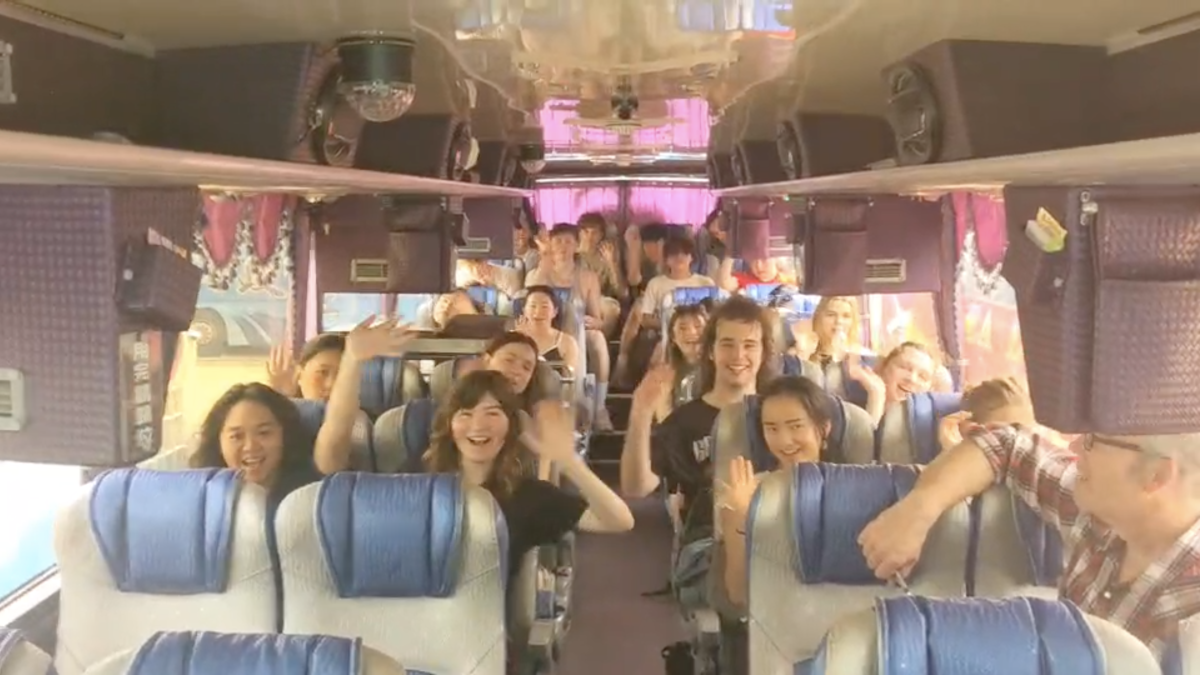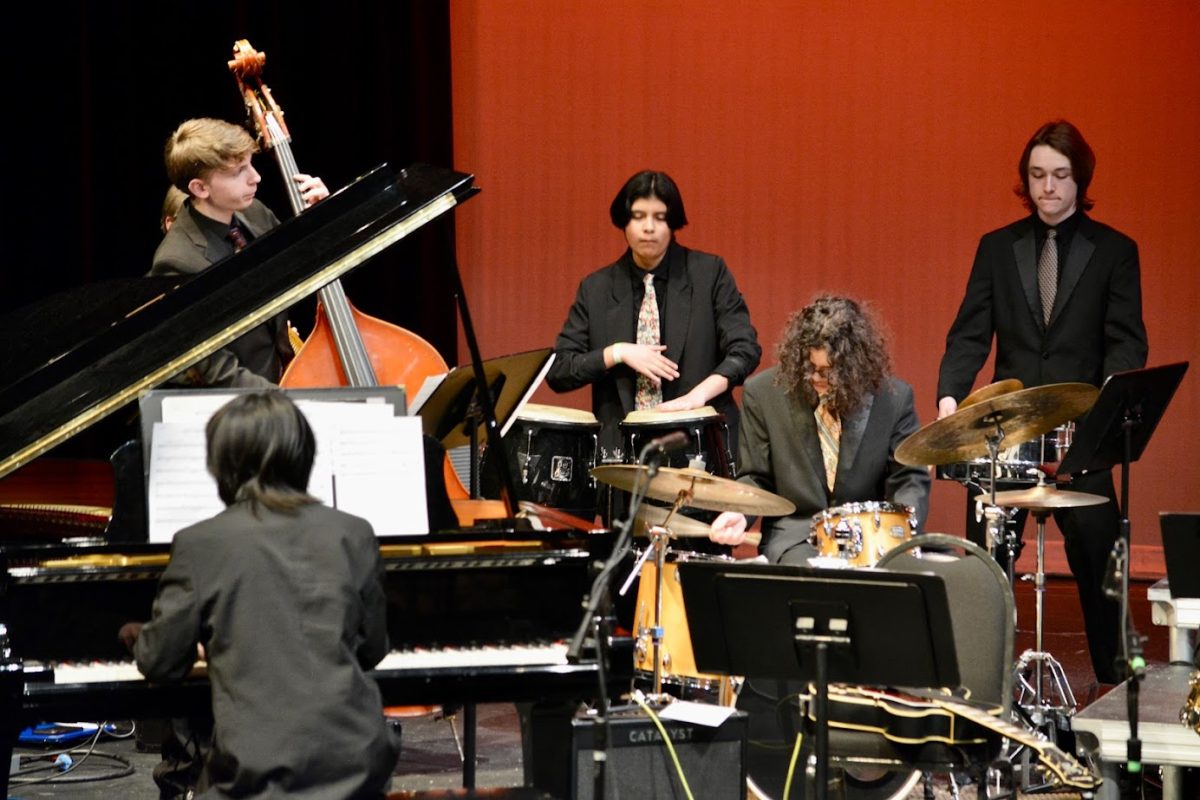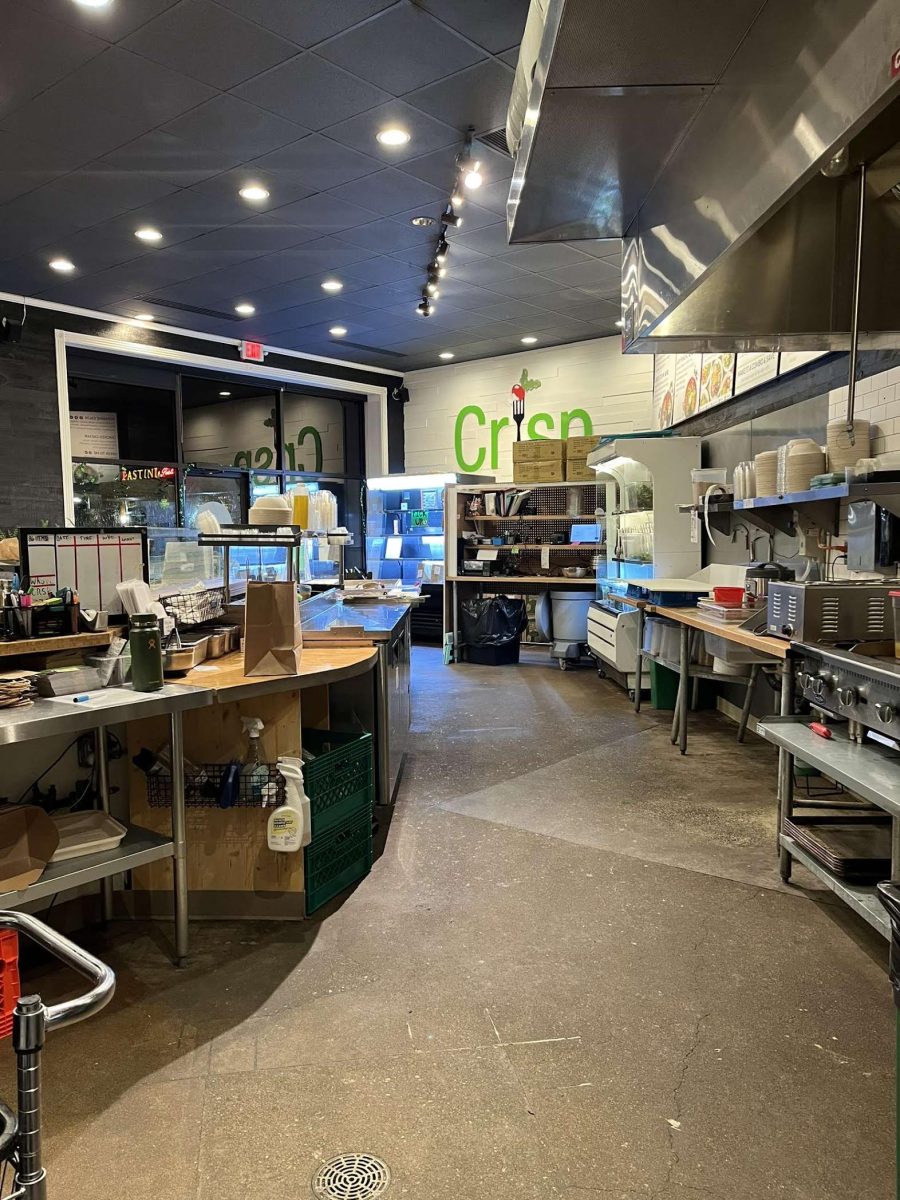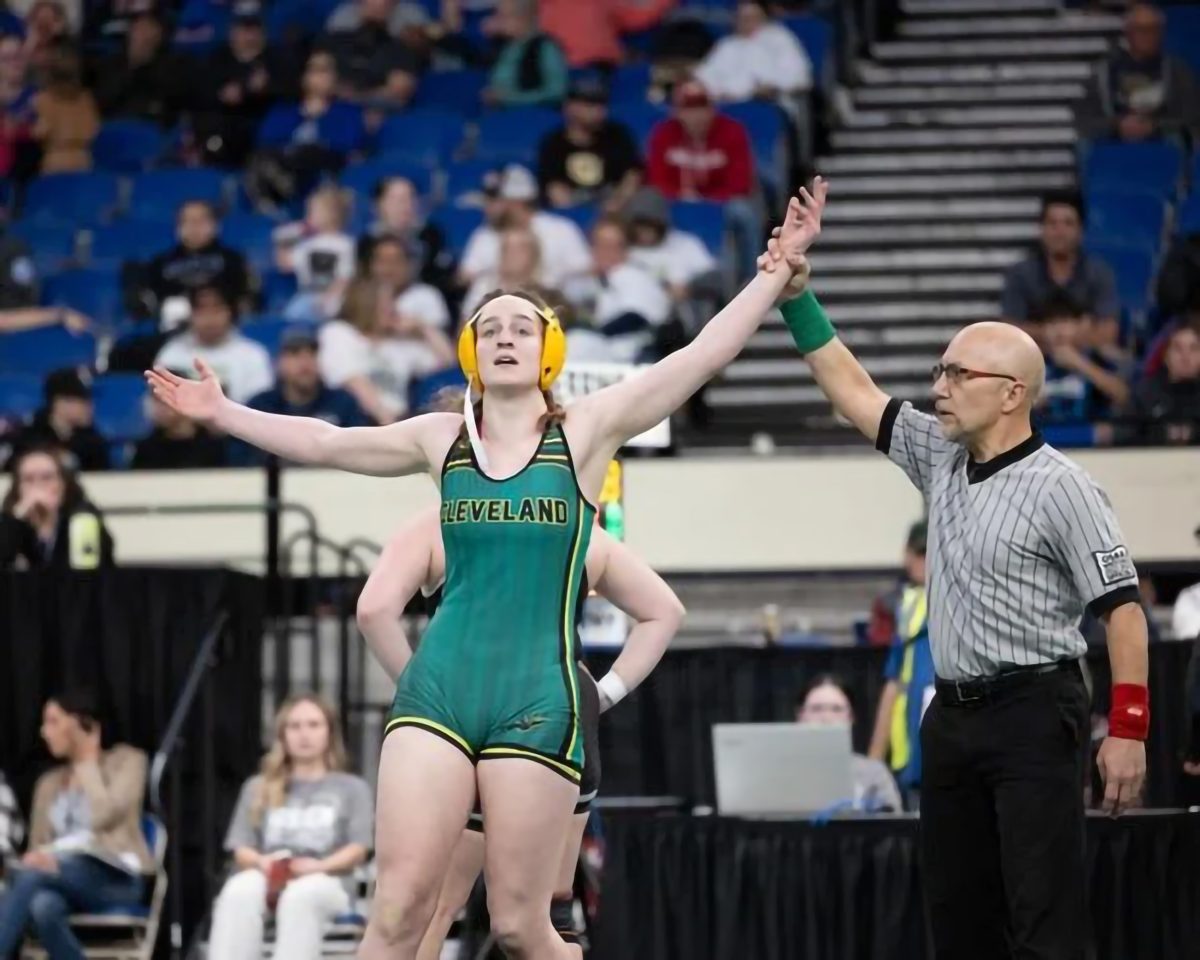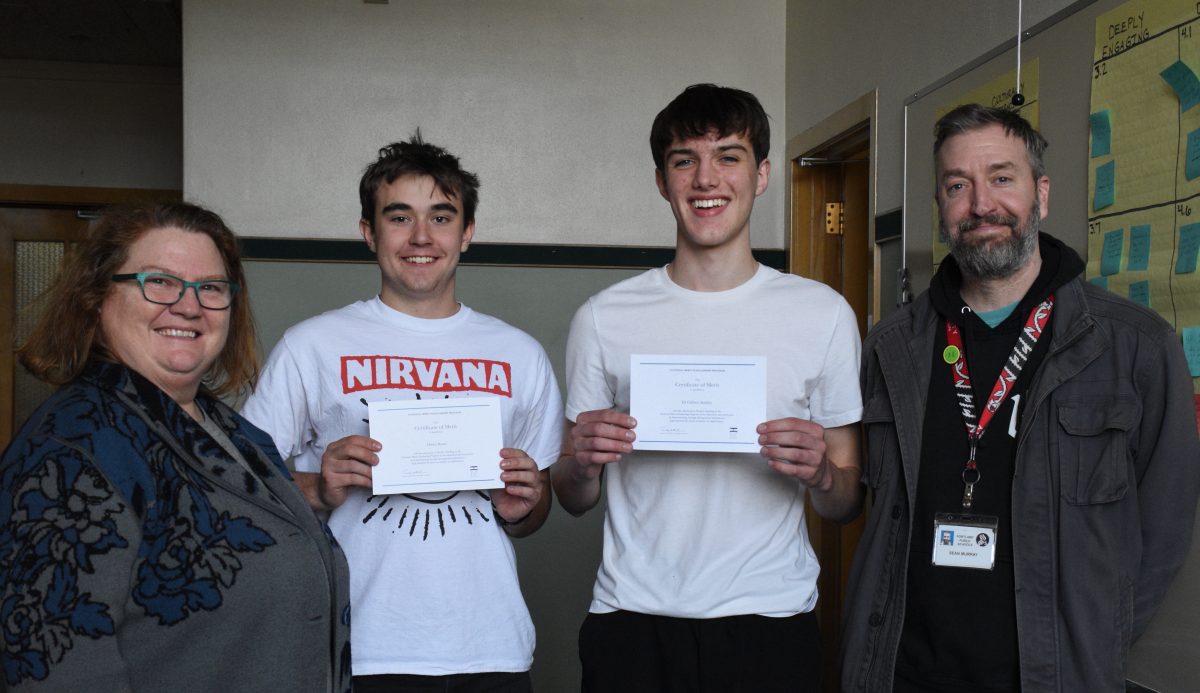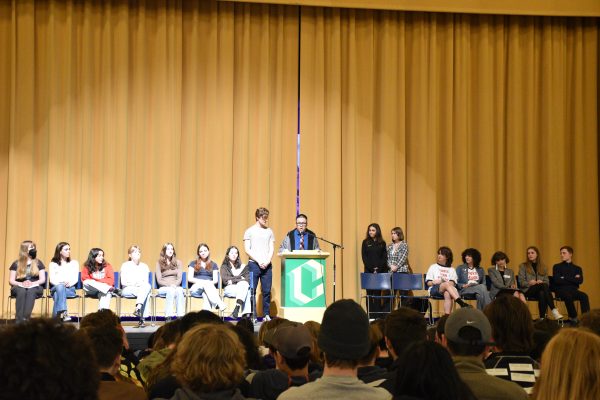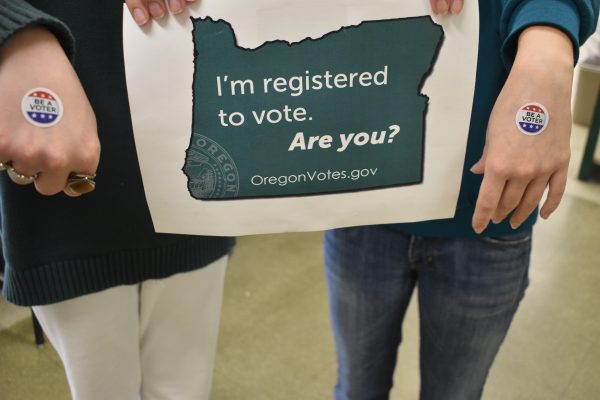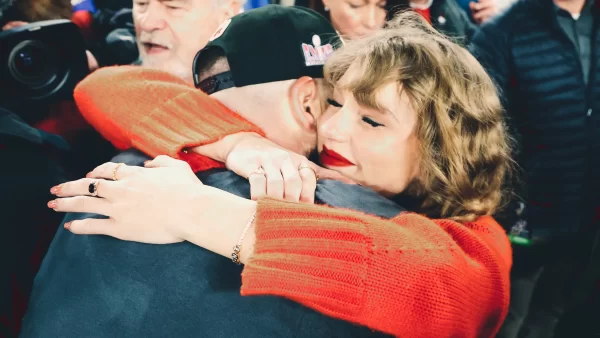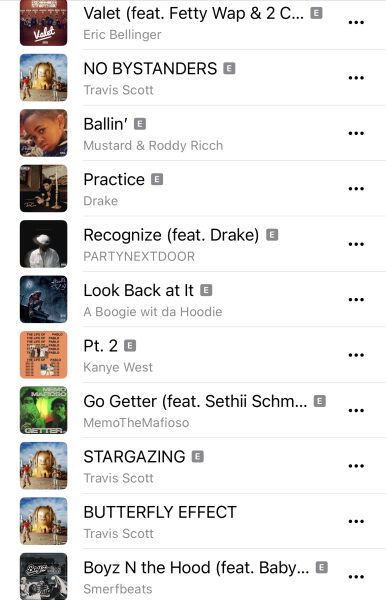The Current Conversation on Sexual Assault
February 23, 2018
On Jan. 13, Babe Magazine published an article in which a woman, whose name had been changed to Grace to protect her privacy, detailed being sexually assaulted by actor and comedian Aziz Ansari.
In the days and weeks that followed, a number of media outlets were quick to denounce her experience as “a bad date” or an “uncomfortable situation,” even though Grace specifically remembers “feeling frozen” and using “verbal and non-verbal cues” to show she was not interested. Many times she tried to offer alternatives to what Ansari wanted to do, or make excuses about why she was uneasy.
Critics were quick to attack her for not physically fighting back or just leaving. That rhetoric neglects to understand the power dynamic she was up against, not to mention the ever-present threat of violence if a woman rejects a man.
It also fundamentally misunderstands what saying “no” really means for women in sexual encounters. In theory, the word ¨no” should be available at any time, to anyone who wishes to use it. In actuality, it is a last resort for many women: a word only used after all other options and excuses have been exhausted. Often, it is too final and too direct to allow women to continue to present themselves as friendly people-pleasers, a persona that may allow them to avoid violence.
Critics also accused Grace of tarnishing the #MeToo movement’s reputation by sharing a story that, on the surface, may have resembled a regrettable and awkward sexual encounter. They have admonished her for labeling her experience as sexual assault, claiming that it does a disservice to victims of “actual” sexual assault.
The notion that sexual assault must be “actual” and “legitimate” is flawed. It places the burden on victims to prove that their experiences have clearly crossed the line into “actual” sexual assault territory. Furthermore, it shows how hesitant we are to believe women, and how all too often, we dismiss their actual lived experiences as things that may or may not have happened.
And in Grace’s situation, it normalizes predatory behavior and violations of consent as things that go down on “bad dates.”
Jessica Valenti, a feminist writer and speaker, elaborated on this in a tweet.
“A lot of men will read that post about Aziz Ansari and see an everyday, reasonable sexual interaction. But part of what women are saying right now is that what the culture considers ‘normal’ sexual encounters are not working for us, and oftentimes [are] harmful,” she said.
In addition, cries that Grace’s story waters down the #MeToo movement make it glaringly clear that the mainstream is willing to denounce only the most egregious instances of sexual assault. More important, it shows how many hoops survivors must jump through when sharing their stories to ensure that they are taken seriously. Placing legitimacy markers on the stories of survivors (Did she physically fight back? How many times did she say no? What did she do immediately after?) is a slippery slope. Narrowing the definition of sexual assault to only encompass the most flagrant abuses is victim blaming on a massive scale. It encourages the kind of silence and shame that the #MeToo movement is working so hard to counteract.
Much of the backlash Grace has received is likely due to the fact that her story was not disgracing someone like Harvey Weinstein: a behind the scenes man who everyday Americans had no personal connection to (despite Hollywood actresses being all too familiar with him). Instead, she was calling out Ansari: the dorky, funny, loveable comedian who has painstakingly crafted an ally persona. Someone who wore a “Time’s Up” pin on the red carpet. Someone who introduced the term “treat yo’ self” into common language. Someone who included a storyline about sexual assault in his show, Master of None. Ansari is not a convenient perpetrator to demonize in the media, which explains the hesitation to do so.
Policing the stories of survivors will lead to a culture where sharing is discouraged, which is the antithesis of what is needed right now. Grace’s story and the ensuing backlash is a reminder of the selectivity of the media and the belief that sexual assault survivors are a homogenous group, with the same experiences and the same reactions to them. In actuality, the diversity among situations and stories is exactly what is needed to prove how deeply entrenched sexual misconduct is in our culture, and how it permeates almost every aspect of life. Sexual misconduct presents itself in many ways, and recognition of every form it takes empowers us to call it out.




